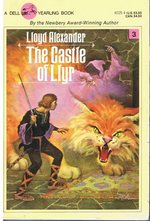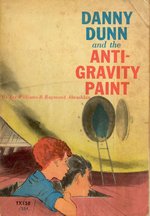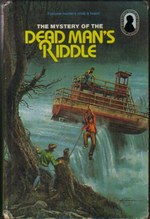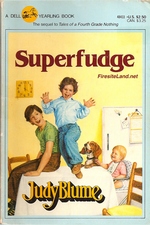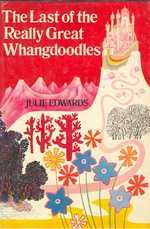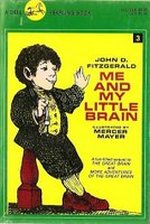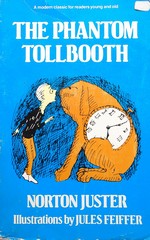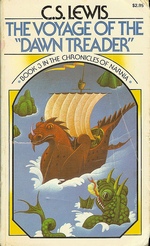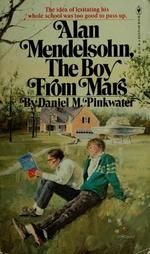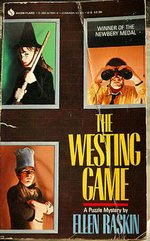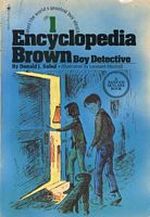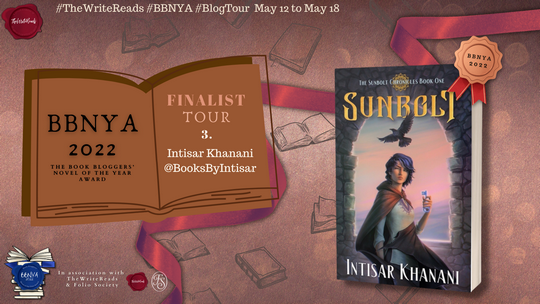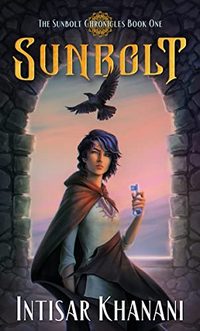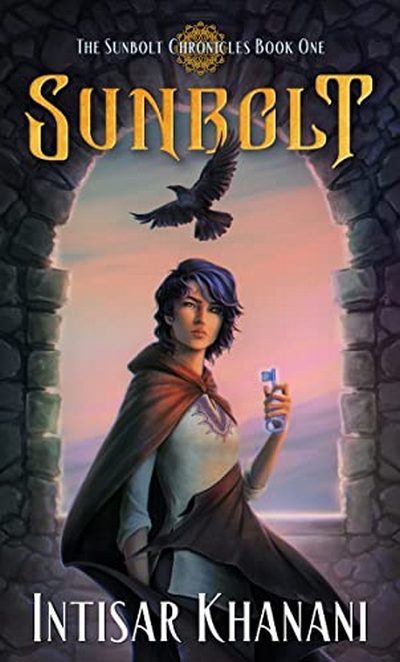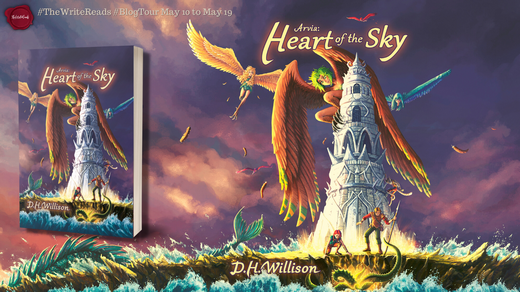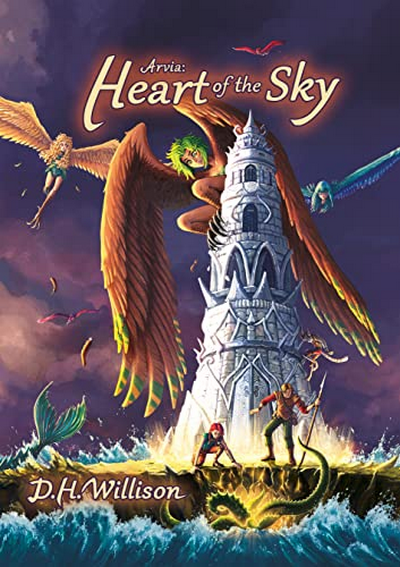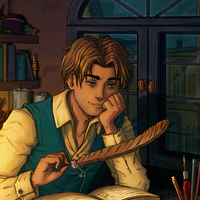(Updated and Revised 5/16/23)
I had another post almost ready to go this morning, but I didn’t much like it while I was writing it—and in the cold light of day, I liked it even less. It was for an MG book—the second of the two that I read last week—so I’m in this frame of mind. Why not dust off this post, give it a shine, and throw it up again? (I have tweaked each entry a tad, so I’m not being fully lazy). I’ll try the other post again tomorrow.
I was bemoaning how long my current read was the other day and how it was going to leave me without a post for today, and my ever-so-clever daughter suggested, “Why don’t you list the Top 10 Books from your childhood?” That sounded pretty fun, so I figured that I might as well. It turned out to have been better than I thought, so kudos to her.
Ranking them really would be impossible, but then 11 came to mind really without any effort, and I couldn’t axe one of them, so there’s a bonus entry to the list. All of these I read more than I can count—if they’re part of a series, these were the ones that I came back to most often. The links are to Goodreads pages because I can’t find good official pages for all the books/authors (a true sign of my age, I guess).
Enough of that, on with the trip down Amnesia Lane:
by Lloyd Alexander
The Chronicles of Prydain taught me most of what I needed to know about Fantasy (augmenting The Chronicles of Narnia‘s lessons). Fflewddur Fflam here is at his best, I think it’s here that I fell in love with Eilonwy (not that I didn’t enjoy her before…but if I had to name “book crushes”, this would be my first), Taran’s more of a real hero than before, and you get plenty of Gurgi (who I just have to mention because thinking of him makes me smile). There’s peril, the characters grow more than they have before, a hint of romance . . . it’s not the most important book in the series, but it’s pivotal.

by Raymond Abrashkin and Jay Williams
I didn’t know until today that this was the first in the series, I always figured it was mid-series. It’s the only one of the series that I owned—thankfully, the public library had a few more (but not enough)—so it’s the one I read most. It was also my favorite—I just loved the stuff at the edge of our solar system and Prof. Bullfinch and Doctor Grimes making musical instruments from their hair—stupid as all get out, but it worked for me.

by William Arden
While Encyclopedia Brown (see below) got me reading mysteries, it was The Three Investigators—Jupiter Jones, Bob Andrews and Pete Crenshaw (btw, the only thing there I had to look up was Pete’s last name— not bad for a series I haven’t touched since the late 80s) got me hooked on reading detective series. The Dead Man’s Riddle was one of my favorites—and I think the first or second I read—something about the Cockney slang kept bringing me back to it. I read what I do today because of this series, really. It has occurred to me that a good deal of my wardrobe choices match Jupiter’s (at least in the illustrations, I don’t know if any of the books describe his clothing). I can’t say that he taught me how to dress…but I certainly can’t say he didn’t. I might as well embrace it.

by Judy Blume
I remember Tales of a Fourth-Grade Nothing being funnier, but this was a better story—the Fletchers leaving NYC, Peter maturing, Fudge being a real pain and not just a cute nuisance. I read this more than the other because of it. Blume taught me a lot about how to read non-genre books, I read Hornby, Tropper, Weiner, Rowell, Shane, and Hanover (etc.) because of these books.

by Julie Edwards
What a great world, what a great magic system . . . I’m not sure I can express what this book meant to me as a kid, and the copious warm-fuzzies the memory brings up. I remember that it was in the pages of this book about a magic kingdom that I first learned about DNA and RNA (and what those letters meant)— thanks, elementary school science classes. The creatures’ names in this are great (and, as an adult, I can “hear” Andrews saying them in my mind for an added layer of fun). There’s a great deal of whimsy here, a sense of play that permeates this—even when it gets silly. The kingdom’s motto, “peace, love, and a sense of fun” really sums up the spirit of the book. My now-little-used non-book blog took its name from that motto—the book clearly left an impression on me.

by John D. Fitzgerald, Mercer Mayer (illus.)
Sure, the series was supposedly about Tom, but J. D.’s the real hero of the books. He has a conscience, a better moral compass than his brother—and is probably just as smart. This is the book that lets him shine as he ought to have all along. All the books in the series had their strong points and were fun, but this ruled them all. There’s something about the art of Mayer that really sticks in my head, too. Or maybe it’s my heart.

by Norton Juster, Jules Feiffer (illus.)
Such wordplay! What a great, twisted way to teach how important words and ideas are. Seriously, just a wonderful book. The humor is so off-kilter, any appreciation I have for puns came from this book (and it set the standard that a pun must achieve for me not to groan). If you haven’t seen the documentary about it, The Phantom Tollbooth: Beyond Expectations, get on it. (I contributed to the Kickstarter for it, I should add, so you’re not really getting an unbiased recommendation there, but since when am I?).

by C. S. Lewis
I remember the bookstore where I bought this, the date and month that I bought it, and reading a good chunk of it before I got home. I read this one more than the rest of the series (Prince Caspian a close second). I just love this one—you get Reep at his bravest and funniest, some really odd creatures, an epic story, and Eustace’s redemption (back when I did crazy things like this, I almost got a tattoo of Eustace as Dragon). Who could ask for more?

by Daniel M. Pinkwater
Pinkwater has funnier and stranger books (both before and after this one), but there was heart, there was depth—there was length!—to this story about a kid who didn’t really fit in until he made a friend who didn’t want to fit in. This is another one where I can peg the place and time I bought it. Science Fiction-y in a real world (didn’t know you could do that!), comic book geeks as heroes, and real non-sanitized-for-kids emotions. There’s no way this wouldn’t be a favorite. More than the rest on this list, I’m thinking of finding my old copy and taking it out for another spin (because I just read the next one on this list a couple of years ago).
In the years since I first wrote this post, I’ve had the opportunity to re-read this, but I’ve chickened out. It can’t live up to my memory and I don’t want to tarnish anything.

by Ellen Raskin
If I had to pick one off this list (and I don’t), this would probably be my favorite. I re-read it two years ago, and it was one of my favorite experiences that year with a book. The characters are great, the story was so clever, the writing so crisp. There’s nothing wrong with this book at all.
I saw a hardcover reprinting of this on Monday, and had to fight to resist buying a new copy. I’m kind of regretting that now. [Note: I went back a couple of days after originally posting this and bought that hardcover. It looks very nice on my shelf] [Another Note: I’ve since bought a new paperback copy because I loved the cover so much. It also looks nice on the shelf.] [One more note: Yes, I’m aware I have a problem]

by Donald J. Sobol
It was the summer after second grade, we were on a forever-long road trip and I was bored, so I demanded my parents buy me something to read. I must’ve been a real snot about it, because at the next town, they did. I got two books, this one and Sugar Creek Gang Screams in the Night (not the best in the series, but it was good enough to read several times). This blew me away—I loved the puzzles, the characters, the idea. I wanted to be a P. I. This was my first mystery book, and it clearly set the stage for most of what I’ve read since (about a third of what I read).

Were you a fan of any of these as a kid? What were some of your faves? Have you read them lately?

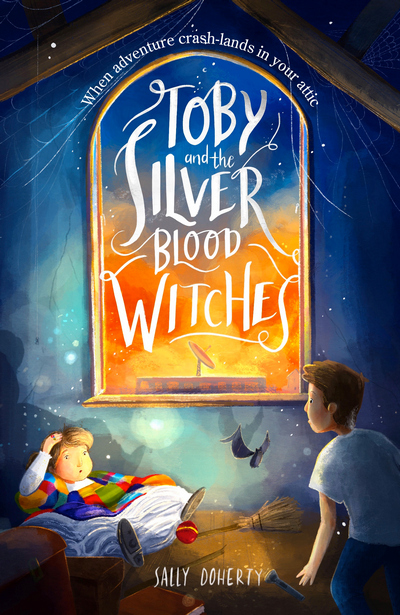

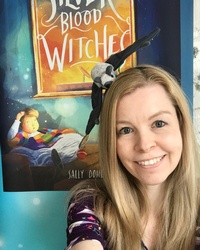 Sally Doherty lives in leafy Surrey with her husband and three-legged (but speedy) rescue dog. After studying French and German at university, she worked for a year in London before unexpectedly falling ill with M.E. Being stuck at home and often in bed for sixteen years, however, has lit a cauldron of stories bubbling inside her imagination.
Sally Doherty lives in leafy Surrey with her husband and three-legged (but speedy) rescue dog. After studying French and German at university, she worked for a year in London before unexpectedly falling ill with M.E. Being stuck at home and often in bed for sixteen years, however, has lit a cauldron of stories bubbling inside her imagination.
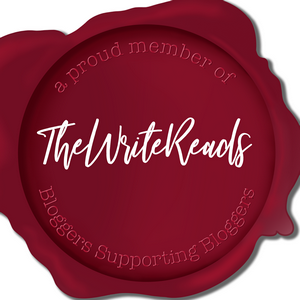


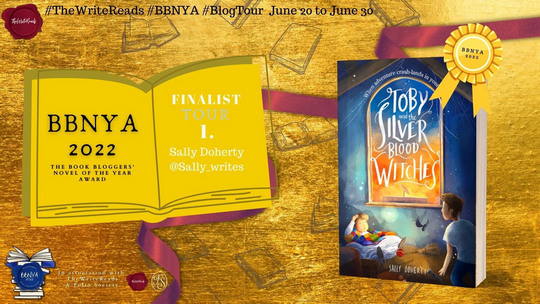
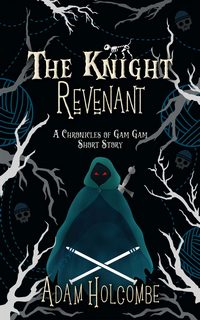

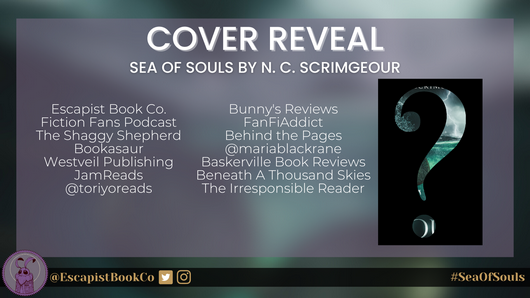

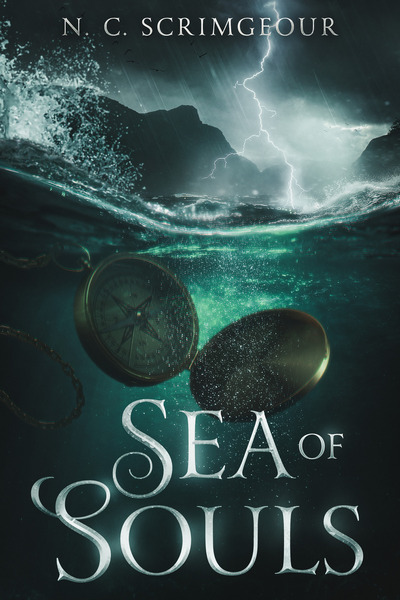

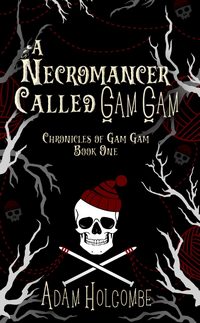
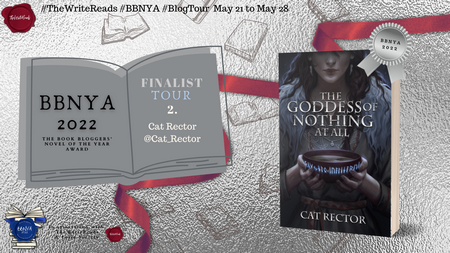
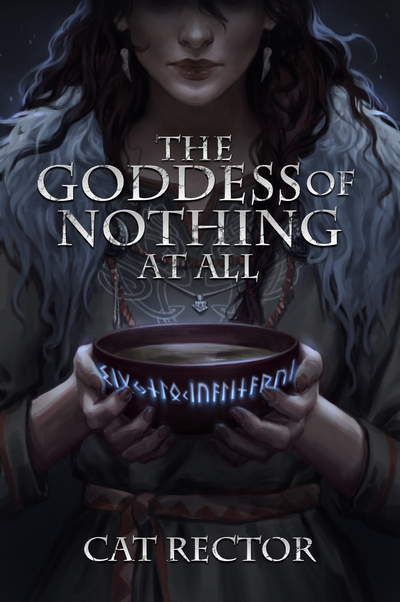

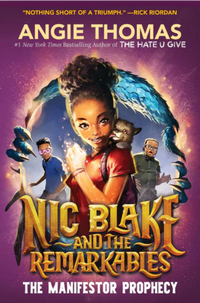
 As all good Fantasy readers know, there’s a plethora of books (especially for MG audiences) with magic systems largely based on African American myths and folklore. It’s the same old-same old here, give me some WASP-y fantasy!
As all good Fantasy readers know, there’s a plethora of books (especially for MG audiences) with magic systems largely based on African American myths and folklore. It’s the same old-same old here, give me some WASP-y fantasy!